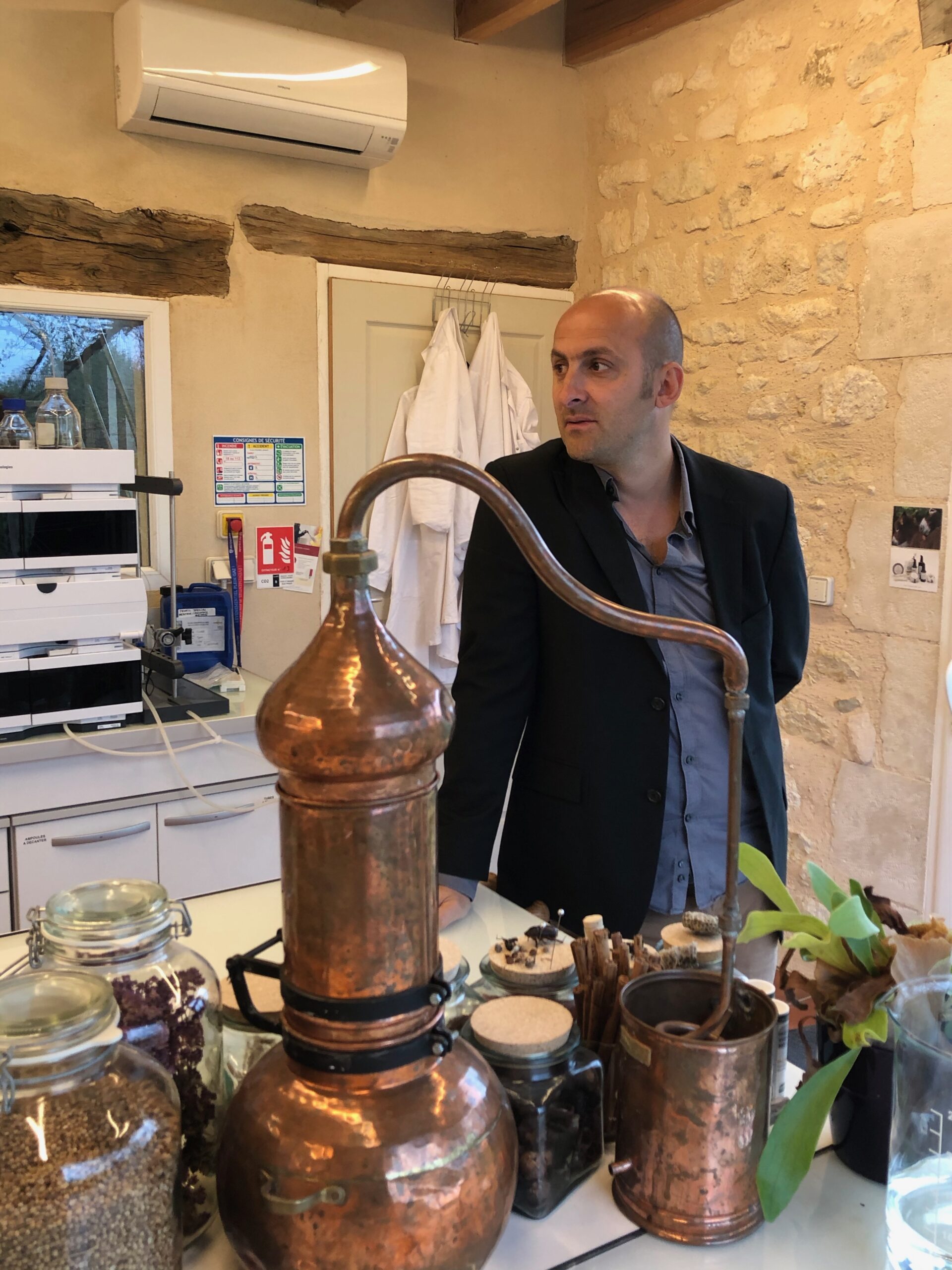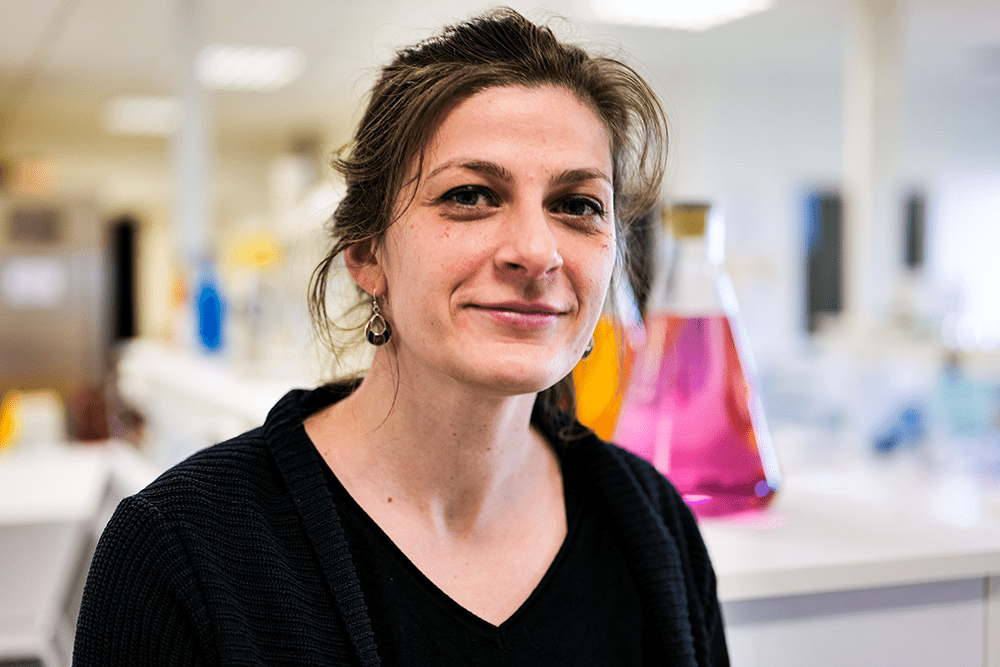
“Nature takes action…
The rose attracts incredible biodiversity
In a region renowned for its vineyards, orchards, cereal fields and market gardens, the cultivation of Rosa-Rosae brings that touch of fuchsia rose, recognizable among thousands.
In addition to coloring the landscape pink, this French rose promotes biodiversity and plant pollination. During its flowering period, the french rose attracts bees, butterflies and other insects, which gather their stamen-filled hearts. Its environmental impact is very positive!
The roses of France are cultivated in a natural area in the open field
The Rosa-Rosae rose is grown in an extremely protected biotope
The roses of Montpezat, a medieval village located 100 km from Bordeaux in the Nouvelle Aquitaine area, are grown in a natural open field. A biotope that has been free of chemical fertilizers, pesticides and insecticides for 50 years! Aphidiphagous, the numerous ladybirds frolicking in the rose gardens prove to be the best predators of aphids: they can consume 50 of them per day.
A pond, where natural underground springs and rainwater converge, feeds a water-saving watering system
These Beauté In&Out roses are watered twice a week, before and during flowering, in warm weather, by a drip system. This water-efficient watering system is fed by rainwater and a pond where natural underground springs converge. The water attracts a wide variety of flora (reeds, wild watercress, etc.) and fauna (dragonflies, tree frogs, deer, etc.).

… The man make”
– Emmanuel Kant
Fabien Ducher, rose gardener
The rose virtuoso
“I wasn’t born in cabbage but in roses “, says Fabien Ducher, head of the Ducher rose gardens, renowned throughout the world for their colours and fragrances. Founded in 1845, they have seen six generations of men, passionate about one of the most beautiful flowers in the world. Soon to be a specialist in LA Damas, grown since antiquity, he regularly collaborates with the University of Saint-Etienne on the perfume of roses. “The expression “it smells like a rose” comes from this exceptional flower, recognisable among all for the complexity of its fragrance and the richness of its medicinal virtues (anti-wrinkle, astringent, soothing, etc.) “.

Fabien Ducher, rose gardener

Thomas Rostaing, President of the Altho laboratory
Thomas Rostaing, President of the Altho laboratory
The essential is the plant
A biochemist by training and founder of the Altho laboratory in 2012, the ingenious Thomas Rostaing decided to reconcile “sense and passion” through an unwavering commitment to natural cosmetics. For this hyper active and jack-of-all-trades, plants remain the key to his insatiable curiosity and, of course, to his profession. Thomas’ life has always been punctuated by plants, of which he cultivates 120 varieties throughout the world and to which he pays tribute in his soon-to-be-published book “au rythme de la plante” ( “ To the rhythm of the plant “ ).



Thomas Rostaing, Président du laboratoire Altho
Sylène Brianceau, Head of Research at Agrotec
On the rose, research has not said its last word
It was in the lair of Agrotec, a technological resource centre based in Agen and dedicated to the agri-food industry, that the first studies on the Damask rose and the ingredients to be associated with it for an objective and effective nutricosmetic were carried out. Following on from this work, Agrotec is piloting a research programme, supported to the tune of €550,000 by the Nouvelle Aquitaine region. “The project will focus on the analytical characterisation of the chemical and organoleptic characteristics of Damascus rose and hops in order to study the impact of the terroir on the quality of the products,” explains Sylène Brianceau, Research Manager at Agrotec. This programme will also concern the post-harvest operations of storage, logistics and drying of plants rich in essential oils to preserve their aromatic qualities.


Sylène Brianceau, Head of Research at Agrotec
Follow us :
Privacy policy | Legal Mentions | A website made by Les Mots de Mai
